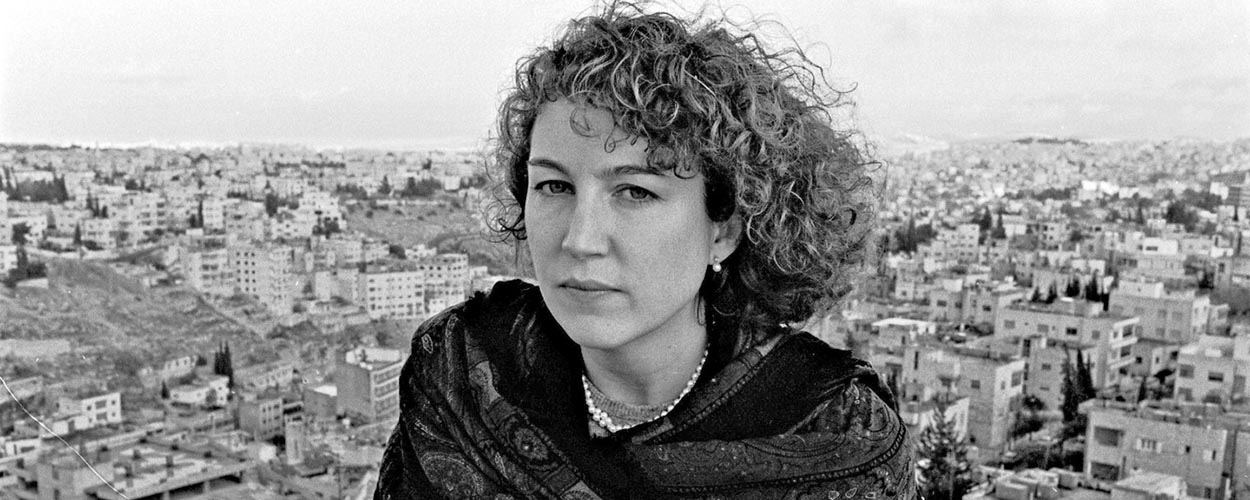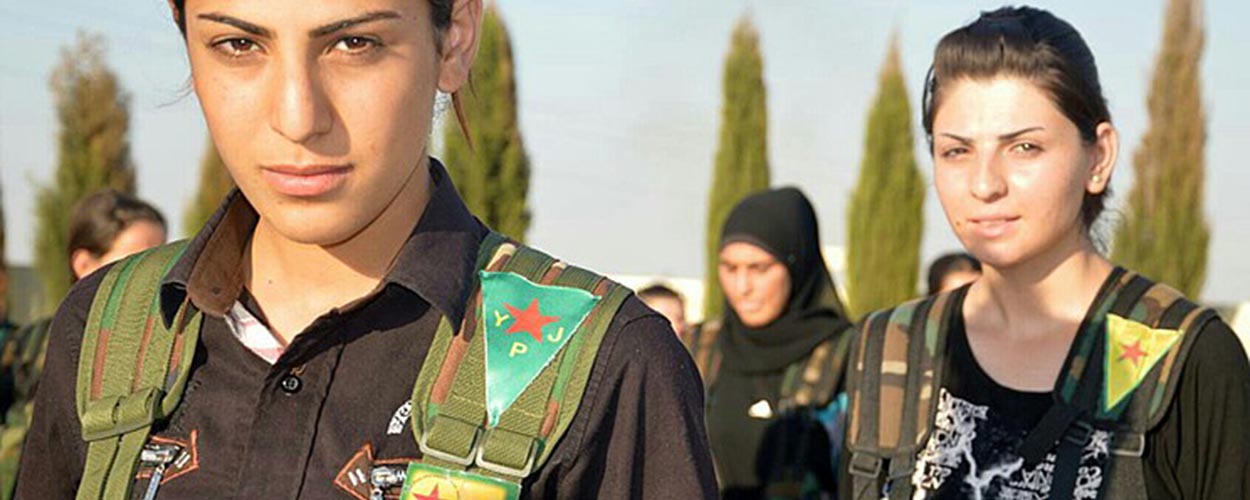Debra and Marc Tice left Beirut last week without their son. It was a disappointing, if unsurprising, end to their eighth trip to the Lebanese capital in the six years since Austin Tice, a freelance journalist and law student, vanished while covering the war in Syria. The Tices knocked on doors, hosted a press conference and applied for Syrian visas to plead for the Syrian government’s assistance in freeing their captive son. Their meetings in Beirut produced little more than sympathy, their dignified presentation to the press corps received minimal coverage and the Syrian government did not grant them visas.
Now, they anticipate their sixth Christmas at home in Houston without the eldest of their seven children. Austin Tice’s disappearance and prolonged captivity constitute a mystery that cries out for a solution. It began with his decision in 2012, just before the summer vacation preceding his final year at Georgetown University’s law school, to publicize the suffering of the Syrian people…
Continue reading →









